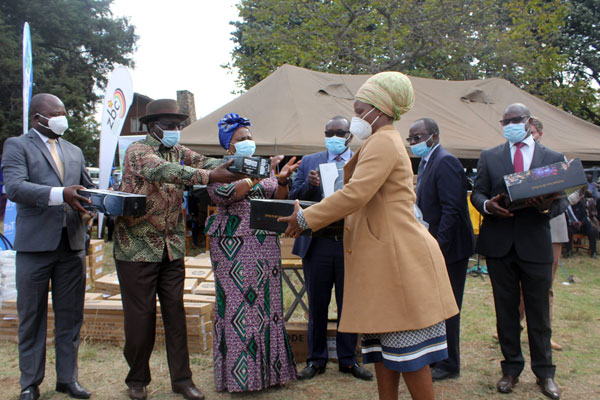The overall objective of this initiative is to reduce the vulnerability of communities in the Chimanimani and Chipinge Districts to natural disasters, such as floods, droughts and landslides; and to enhance water resource management as well as ecosystem services in response to the uncertainty of future climate change.
The project is designed to approach the water-related risk and vulnerability through an integrated strategy that targets several aspects of disaster risk reduction, and provides scalable implementation of the project through a modular pathway and the development of case studies in target flood and landslide prone areas. For more results follow: https://en.unesco.org/be-resilient_zim






